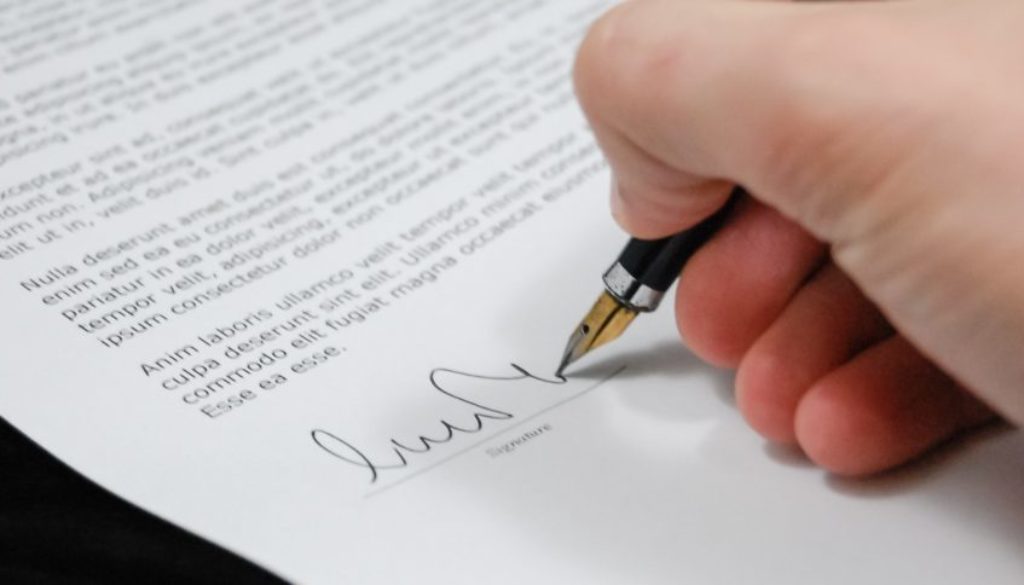How do I choose a Pet Guardian?
It’s increasingly common to designate a pet guardian, similar to parents naming a guardian for their children. Choosing a guardian is one part of a pet protection agreement or pet trust. If you’re asking yourself how do I choose a pet guardian or what is a pet protection agreement, keep reading below.
Pet protection agreements differ from pet wills and trusts. While your pet cannot be the designated beneficiary, you can specify a caretaker or guardian, monthly allowances, and how to handle typical issues. A protection agreement also leaves money to cover the basics (food and vet expenses) and outlines instructions of how you want them cared for.
A pet protection agreement is a legally-recognized contract between you and your pet guardian, going beyond honorary bequests made in your will. Your pet guardian will adopt your pets when you pass, and they need to agree to and sign the contract for it to be effective.
Discuss what is involved, your expectations, and wishes for your pet. Think about how much exercise you want them to have, what sort of nutrition, how to handle pet care during the guardian’s vacations, and vet care requirements. Ensure they have the time and resources to take on these responsibilities. In addition to naming a guardian (and perhaps a backup or two), think about designating a shelter or sanctuary, in case no one is available.
For those leaving a substantial amount of money to their pets or who fear family members might dispute their wishes, a pet trust might be the better option. It can also include details about your pet’s memorial, as well as how to handle any large veterinary costs. Like with other estate planning, it’s wise to designate a separate trustee and caretaker.
Also consider executing a health care proxy, which would grant your pet guardian access to medical records and bank accounts. A third document, a limited power of attorney (POA), gives them the authority to act on your behalf. When your pet passes away, the trust terminates, and any leftover funds go to a remainderman, a person you choose.
As with your own will, pet protection agreements and pet trusts provide peace of mind by guaranteeing your family members will abide by your wishes. For questions, consult with an attorney who specializes in pet trusts or animal law.

